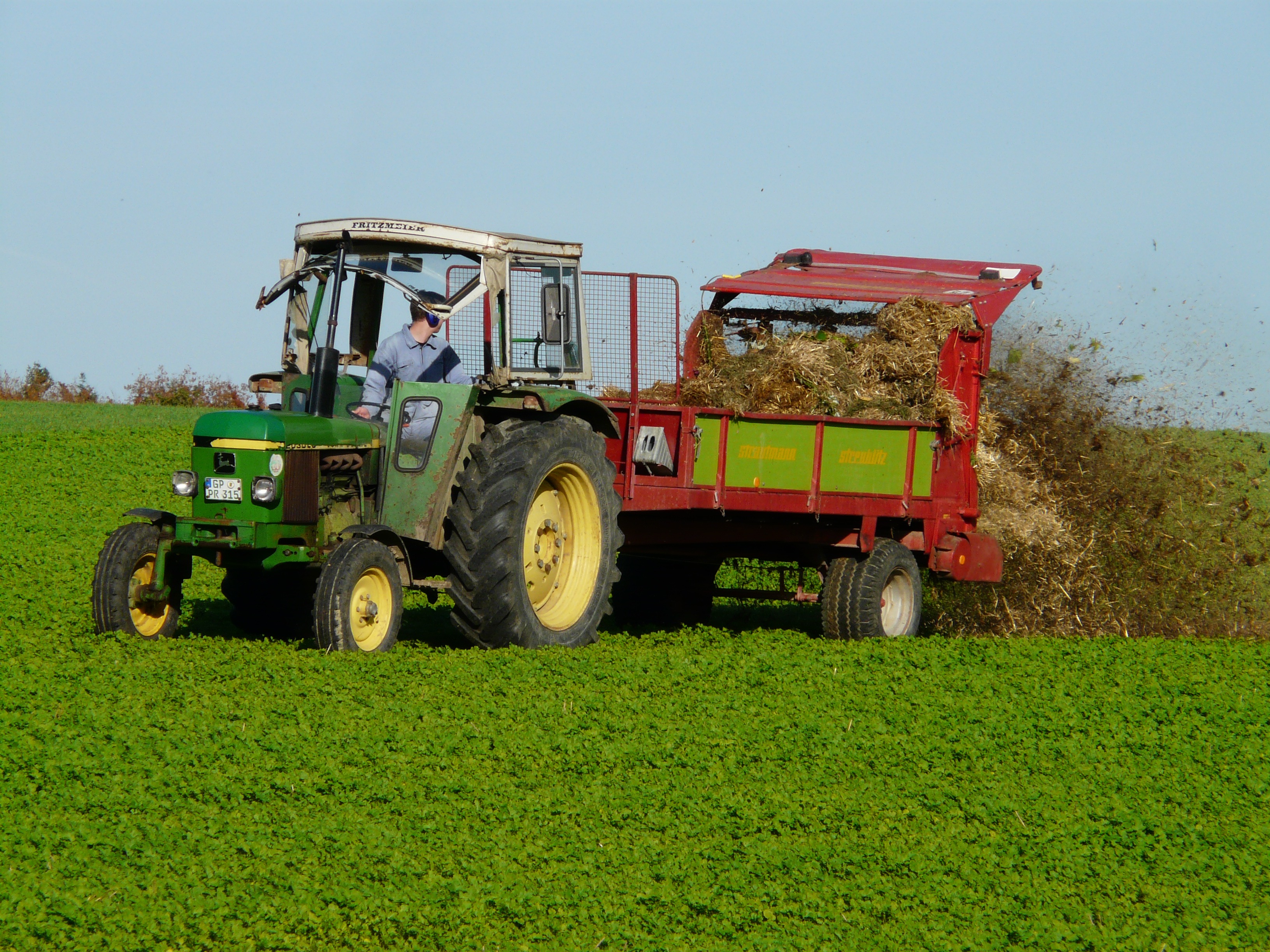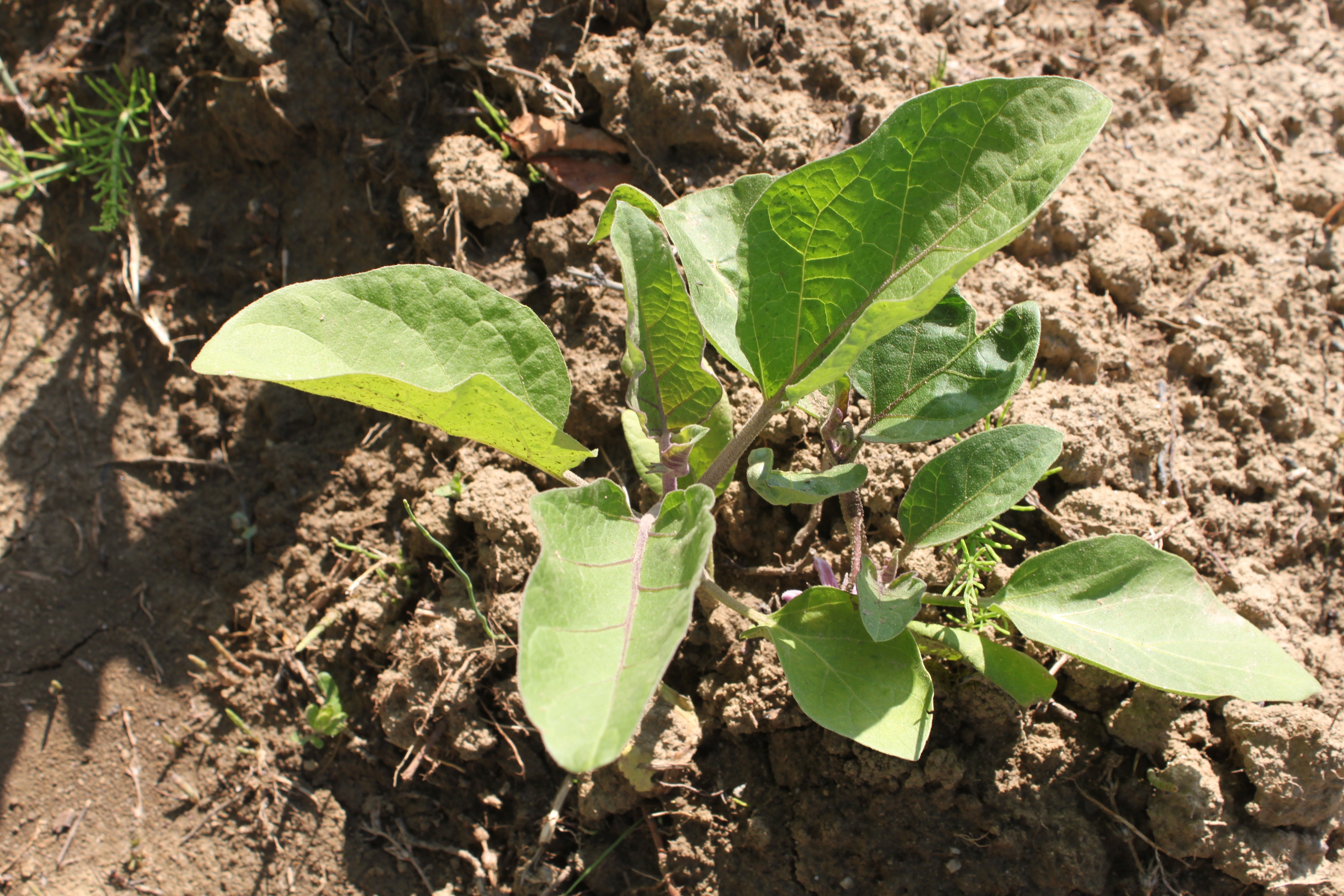
We’ve written about ways to improve yields in other blog posts and we will add to that information here. This topic is important to you and that’s why it is important to us.
As with animals, some environmental factors cause a stress response in plants. However, unlike humans and animals, plants are not mobile, they are tied to one location and are not able to “leave” and avoid the environmental stress.
As a result, plants have developed different mechanisms to help them cope with environmental stresses. One of those mechanisms is the ability to “identify” the conditions of the environment around them. For example, when a plant faces drought conditions, cellular membranes are equipped with proteins (called CAR proteins) that identify the drought and signal to the rest of the plant.
The plant response is to close the holes in the leaves and retain water, however when water is plentiful, the proteins signal to the plant to keep the holes open and promote regular function. In a previous post we also mentioned the role of plant hormones; Auxins, Gibberellins, Cytokinins, and Abscisic acid in plant growth and function.
Understanding the physiological interactions of plant hormones as well as the effect that stress has on plants allows scientists to develop better testing systems and of course, improved treatment methods. This is yet another reason that custom fertilizer and the use of our protocol systems can be beneficial for growers.
Using tested technology, crop health experts are able to determine the type and level of stress the plant is under and develop a treatment regimen that will help the plant get back to normal operations.
If you want to know more about how science and technological advancement can help enhance crop yields, contact us – we’d love to chat! If you liked this post, please share it.

Stress is one of the major limitations to crop growing worldwide. As crop growers and crop input consultants, knowing how to manage crop stress by utilising macro/micro nutrients and plant growth hormones (PGH) is important. The right combination of Macro/micro nutrients & PGH’s can be used to help the crop develop tolerance to prevailing stress conditions. This will further help to alleviate the adverse effect of stress on the crops.
There is no de facto way of managing crop stress. Depending on the type of stress, the crop, crop stage (timing) and other biotic and abiotic factors, a combination of remedial approaches might be necessary to trigger certain responds by the crop to overcome stress. These include but are not limited to the following mechanism:
- Improved root growth to increase the uptake of water which helps in stomata regulation.
- Maintaining high tissue water potential.
- Improved stress tolerance by osmotic adjustment.
- Activating the physiological, biochemical and metabolic processes in the Crop.
Reactive oxygen species and crop stress.
Crops respond to stress i.e drought, water-logging, frost damage, hail damage pest winter cropping conditions etc. in a similar fashion by increased generation of reactive oxygen species aka (ROS). This increase is as a result of the accumulation of energy in stressed crop. The accumulation of energy increases photo-oxidation and damages the chloroplast membrane. Most of the activities initiated by the increase in ROS during stressful conditions are toxic and hence detrimental to the crops.
Foliar application of the right crop health nutrients, at the right timing and concentration will help the crop trigger activities that will increase the concentration of antioxidants such as superoxide dismutase (SOD), Catalase (CAT) and peroxidase (POD) in the plant cells. These antioxidants will help decrease the ROS levels, reduce the photo-oxidation and help maintain the integrity of chloroplast membrane. These activities will then lead to an increase in the photosynthetic rate in the crop thus, making the crop more stress tolerant.
N:B. Nothing replaces water by rainfall or irrigation. Our protocols are only meant to give the crops tolerance to water unavailability.

What is crop health?
Crop growing can be very rewarding work. It can also be hard work. Fortunately, new scientific advancement has made crop growing easier and more accurate than it was in the past. This is mostly thanks to the advancement of technologies and specialized skill sets that help detect crop infestations early and apply treatment before much damage is done. Also, assessment techniques have improved dramatically making crop testing and assessment a crucial component of growing crops today.
Crop Health Assessment
One popular way to assess crop health is the use of remote sensing technology. Optical sensing or VIR (Visible and Infrared Spectrometer) is often used to identify crop stress or damage using infrared waves. This information is then sent to the grower so they are able to quickly take action and begin remediation before sustaining too much damage. The most critical aspect of remote sensing is the ability to get the information to the growers quickly in order to take timely action and prevent crop damage.
Optical (VIR) sensing technology is not a replacement of the growers’ work in the field but it does help provide more targeted and timely evidence of crop disease or damage.
Minimizing crop damage
Once growers have timely information about their crop health they can implement a targeted treatment. This treatment can be the application of custom macro and micro nutrients. In previous posts we’ve described the importance of custom fertilizer application and soil health management.
Conditions for targeted crop health management
There are generally three conditions that necessitate a targeted “custom” approach to managing crop health.
- Variability in the needs of the soil and crops within the field
- Causes of the variability are identified and appropriate treatment options are available
- Treatment can be applied in a timely manner as to have a positive effect on crop health and increase yields and profits for growers.
Many growers partner with experts to identify the variability of their fields and work collaboratively to identify the appropriate treatment for their field. Although some crop experts will charge for their time, analysis and recommendations, in the long run this can turn out to be a good investment for the growers if they realize a higher return on investment (ROI) as a result of increased yields and higher profits.
Custom Agricultural Intelligence Inc. has worked with many growers and is well equipped to support growers as they look to increase their yields. One of the most common complaints we’ve heard from growers is that fertilizer companies are constantly trying to sell them fertilizer “products” – with no evidence that this is in-fact what they need. This is why we have come up with custom “protocols” and work with growers to find the best possible option for their field.
Hopefully you found this post helpful. If you want to know more about your crop nutrient needs, contact us – we’d love to chat!
If you liked this post, please share it.